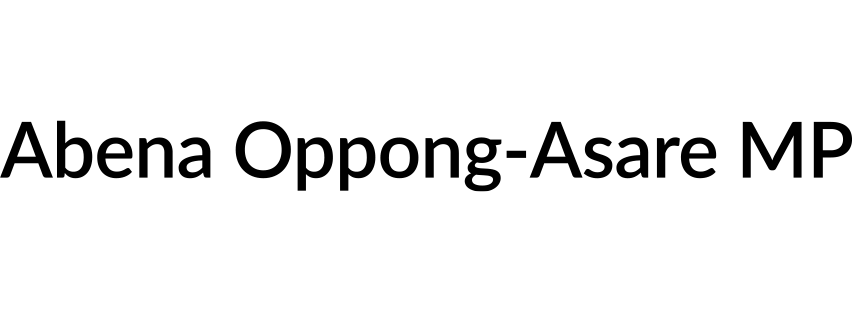Update on London COVID-19 restrictions
London has been placed into Tier two COVID restrictions in response to the rising number of cases.
I met with Government Ministers and Scientific Advisors today, 15th October, and can assure you that the following information is up to date and correct.
Please be advised that these restrictions apply to all constituents in Erith and Thamesmead.
We are now in Tier Two of the Government’s three tiered approach to local lockdown. This means we must all adhere to the following rules:
- you must not socialise with anybody outside of your household or support bubble in any indoor setting, whether at home or in a public place
- You must not socialise in a group of more than 6 outside, including in a garden or other spaces like beaches or parks (other than where specific exemptions apply in law)
- Businesses and venues can continue to operate, in a COVID-secure manner, other than those that remain closed in law
- Certain businesses are required to ensure customers only consume food and drink while seated, and must close between 10pm and 5am
- Businesses and venues selling food for consumption off the premises can continue to do so after 10pm as long as this is through delivery service, click-and-collect or drive-through
- Schools, universities and places of worship remain open
- Weddings and funerals can go ahead with restrictions on the number of attendees
- Exercise classes and organised sport can continue to take place outdoors. These will only be permitted indoors if it is possible for people to avoid mixing with people they do not live with or share a support bubble with, or for youth or disability sport
- You can continue to travel to venues or amenities that are open, for work or to access education, but should look to reduce the number of journeys you make where possible
Full details about the restrictions are in place if you live in an area where the local COVID alert level is high. https://www.gov.uk/guidance/local-covid-alert-level-high

